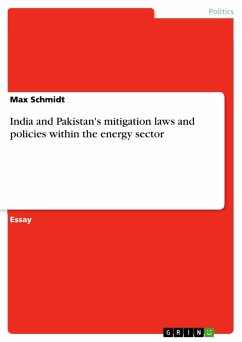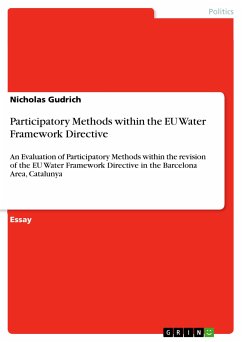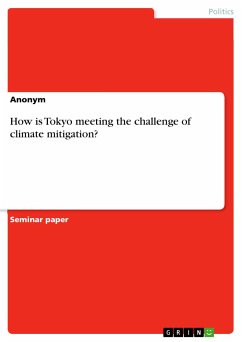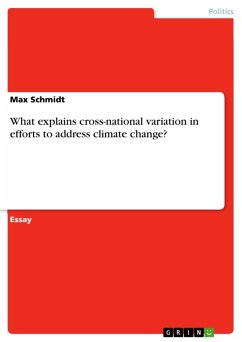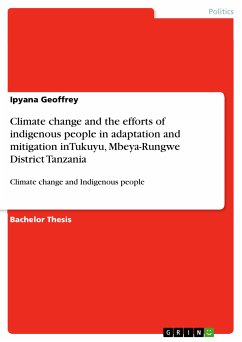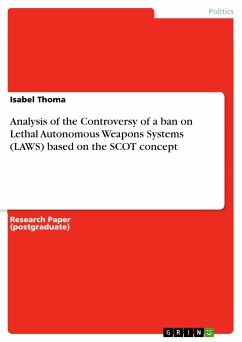Essay from the year 2020 in the subject Politics - Environmental Policy, grade: 1.0, School of Oriental and African Studies, University of London (Center for International Studies and Diplomacy), course: Climate Change Law and Policy, language: English, abstract: This essay will compare and contrast India and Pakistan's climate change laws and policies of approximately the last decade regarding three kinds of targets that are attributed high weight in their Intended Nationally Determined Contributions: Greenhouse gas emission reduction, emission intensity and efficiency as well as renewable energy (RE). This focus on mitigation efforts rather than adaptation efforts has been chosen since emerging economies are predicted to be "by far the most important source of future emission growth". Linked to this, the two states' main sources of emissions - their electricity and energy sectors - will be discussed throughout the essay. Overall, it is argued that despite similar starting points, India's emission-related policies have grown more ambitious in recent years, compared to those of Pakistan - but both countries' efforts still fall short of combatting climate change sufficiently.
Dieser Download kann aus rechtlichen Gründen nur mit Rechnungsadresse in A, B, BG, CY, CZ, D, DK, EW, E, FIN, F, GR, HR, H, IRL, I, LT, L, LR, M, NL, PL, P, R, S, SLO, SK ausgeliefert werden.

